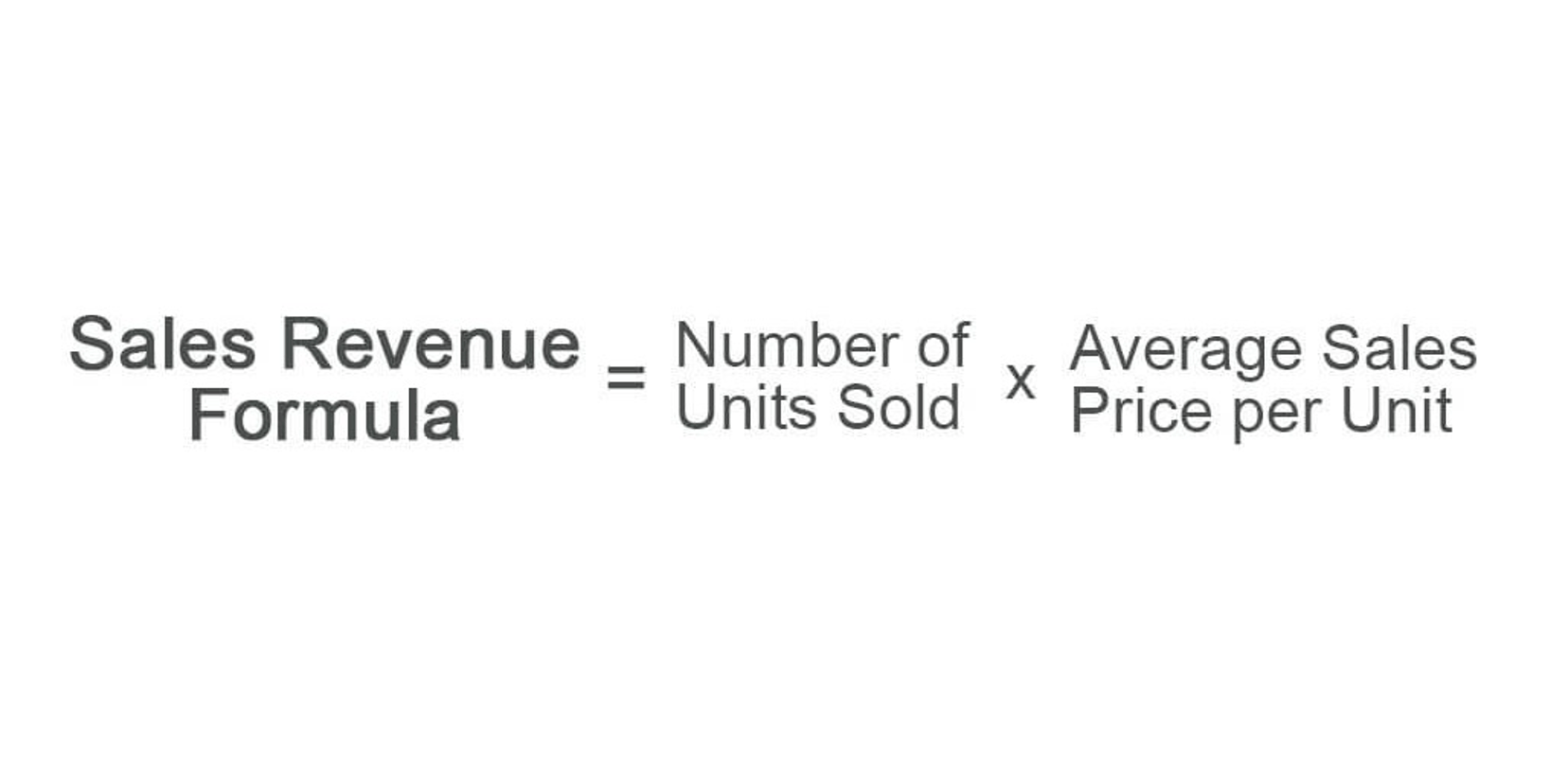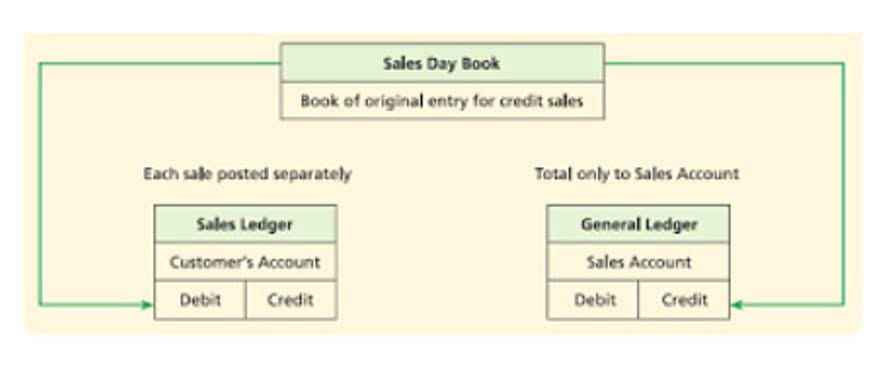
While the benefits of recurring billing are numerous, it’s essential to also address some potential pitfalls. As with any business strategy, there are always considerations to keep in mind to ensure optimal execution and customer satisfaction. Most commonly, you might have encountered the monthly recurring charge, especially with services like streaming platforms or gym memberships. An in-house system can generate invoices automatically, but the bubble will soon burst. Homegrown billing systems cannot handle the complexity of recurring billing for rapidly growing businesses that come with global expansion, pricing experiments, discounts, and add-ons. Most subscription services provide self-service portals where customers can make these changes.
- You charge the same amount at regular intervals, whether that’s monthly, quarterly or annually.
- Recurring payments have the potential to be of great benefit to your business and to your customers.
- Recurring billing certainly contributes to a five-star customer experience, but it’s not guaranteed.
- An example is a recurring phone plan that includes 100 minutes of free calls.
- Recurring payment is a model where funds are automatically deducted from a customer’s account at scheduled intervals to cover the customer’s subscription fees for products or services.
- Most startups integrate with a payment gateway provider and manage to cobble together a functional billing system with a medley of tools.
Threats Associated With Recurring Billing

From gym memberships and meal kits to cloud storage and streaming platforms, recurring payments are everywhere. They’re how businesses collect payments on an ongoing basis, whether it’s for regular access, usage, or delivery. They only have to authorise a payment method once, and all subsequent payments recurring billing happen automatically.

Potential for Customer Churn
- In fixed billing, the same amount is collected from the customer in every payment cycle.
- Many companies encourage recurring billing by offering a small monthly discount, motivating you to opt for automated payments and mitigating the risk of missed payments.
- Subscription boxes, meal kits, or skincare products fall into this category.
- It provides businesses with complete control over billing and invoicing processes without requiring constant developer intervention.
- It automates payments, so you get paid on time without the hassle of chasing invoices or tracking due dates.
AutoPay is a specific method of recurring retained earnings payment where funds are automatically debited from a customer’s account or credit card on a predetermined schedule. While both terms refer to automated payments, AutoPay often applies to a wide range of payment types, while recurring payments are typically used in subscription-based billing. Moreover, recurring payments foster long-term relationships with customers. As a result, businesses can focus on enhancing their offerings and services, secure in the knowledge that they have a reliable income stream.

Is there any risk associated with recurring transactions?

Some of the most popular payment gateways that support recurring billing include PayPal, Stripe, and Braintree. This strategy offers predictability, convenience, and sustained revenue streams, making it a pivotal tool for businesses across various industries. In this article, we will explore recurring billing types and help you find what suits your business. A recurring payment system works by letting customers authorize a service provider to charge their accounts at regular intervals. Merchants use a payment gateway or other software to ensure customers are automatically billed, which reduces administrative busywork and helps ensure timely payments. Telecommunication service providers offer monthly subscriptions for mobile plans, internet services, and cable TV packages.
- First up, let’s understand how a usage-based billing model fits into the recurring billing ecosystem.
- With accurate forecasts, you can make more educated growth decisions, investing wisely in sales and marketing without fear of overspending.
- Recurring billing is an indispensable tool for businesses looking to streamline payment processes and ensure a steady flow of revenue.
- Subscription payments are a subset of that, used specifically for ongoing access to a product or service.
- Not only can we automate your subscription billing — we’ll also act as your growth partner, scaling with you.
- You might start with one and adapt over time as your customers and pricing strategy evolve.
What types of businesses use recurring billing?

As the prominence of recurring billing grows, so do the questions around its application and benefits. Here, we’ve compiled and Accounting Security answered some of the most frequently asked questions to help you gain a deeper understanding. Remember, it’s often more cost-effective to retain a customer than to acquire a new one.

